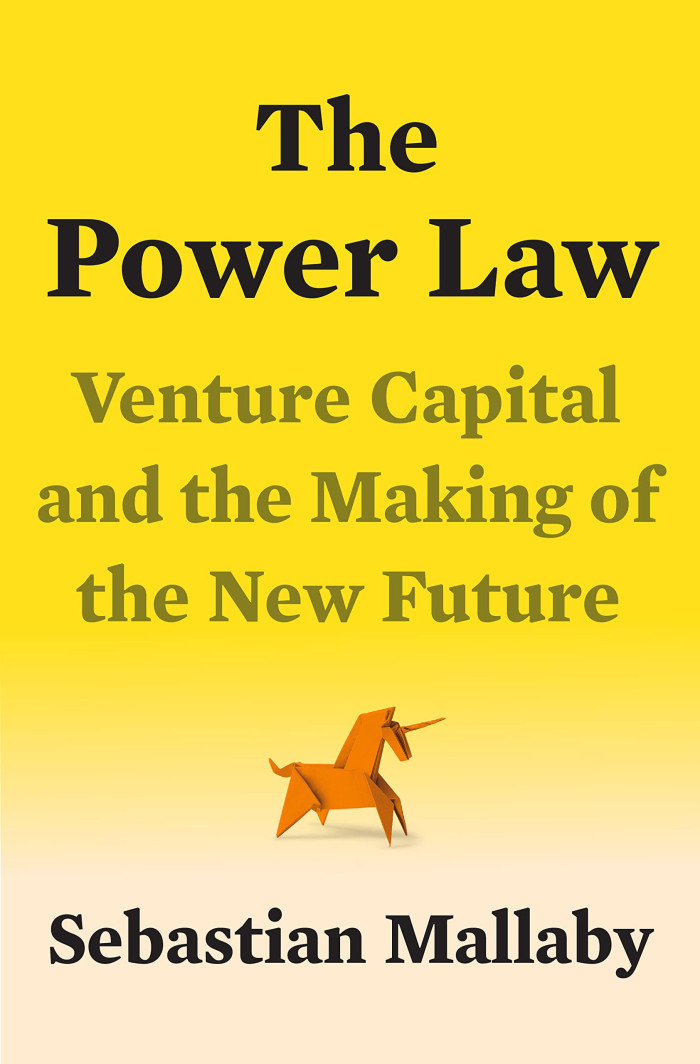2022 Wall Street Reading List
A collection of the Wall Street Reading List's best business books published in 2022.
5,978 views
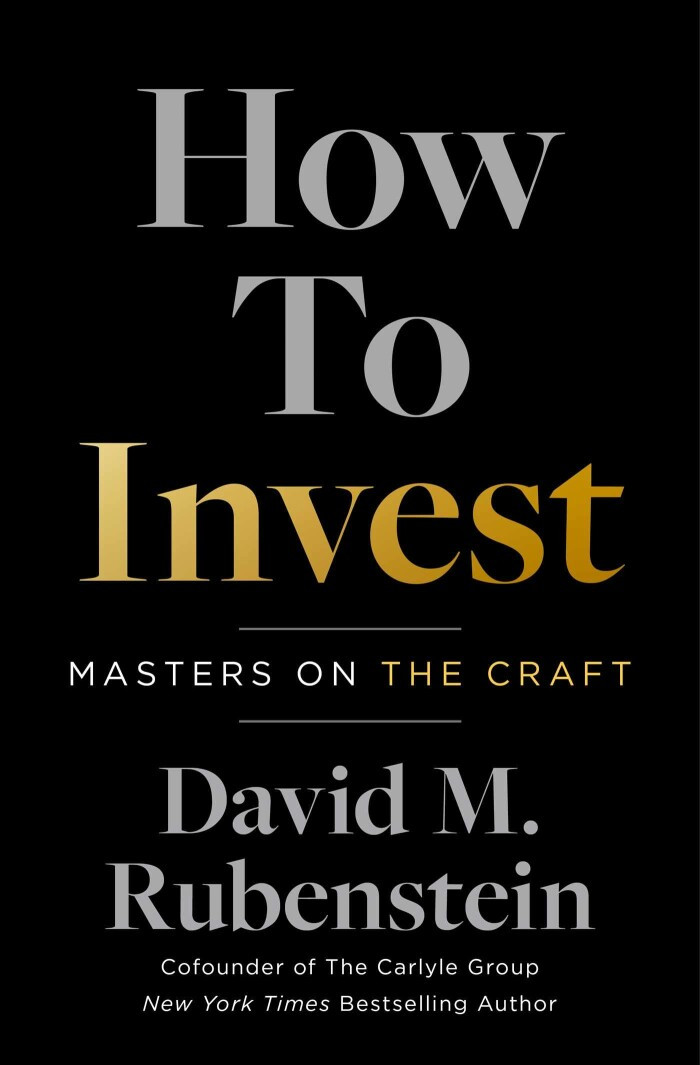
How to Invest
David M. Rubenstein
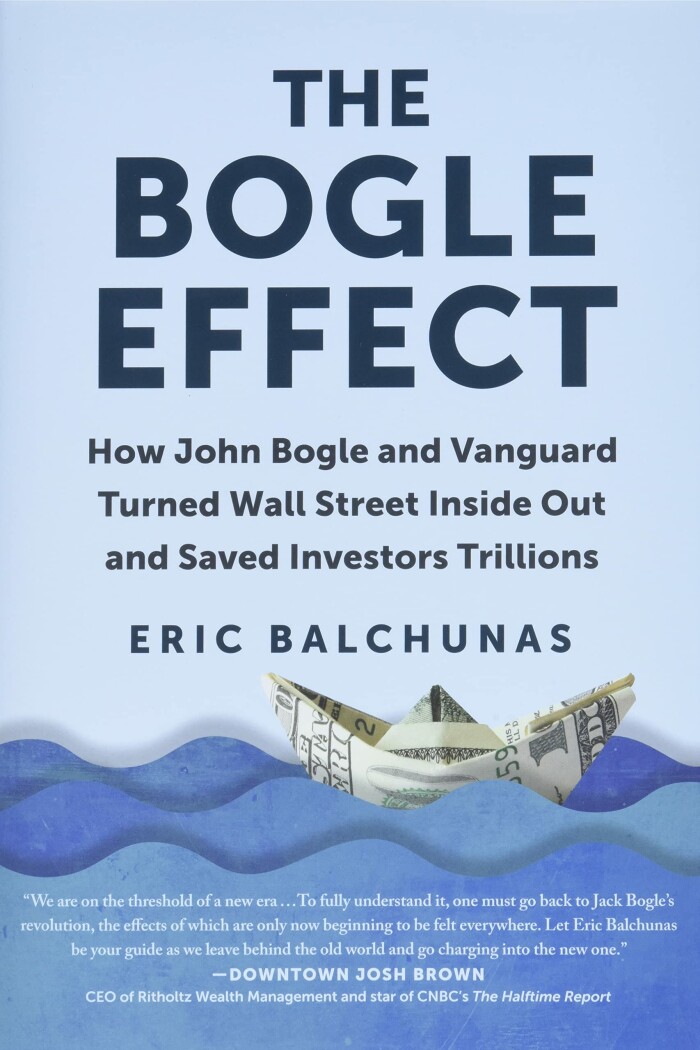
The Bogle Effect
Eric Balchunas
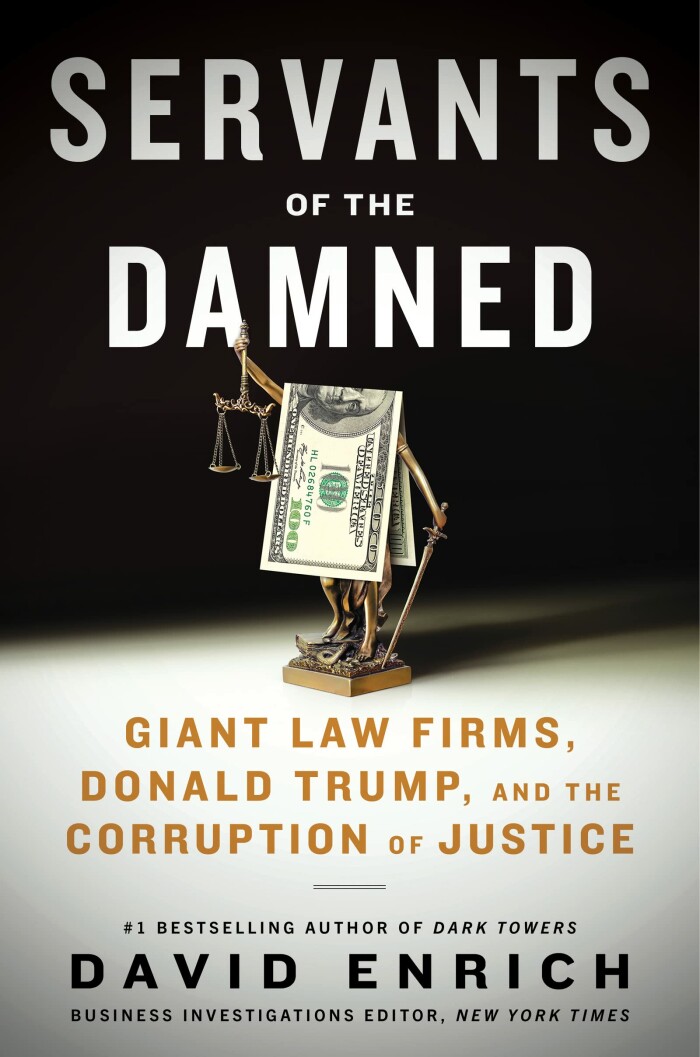
Servants of the Damned
David Enrich
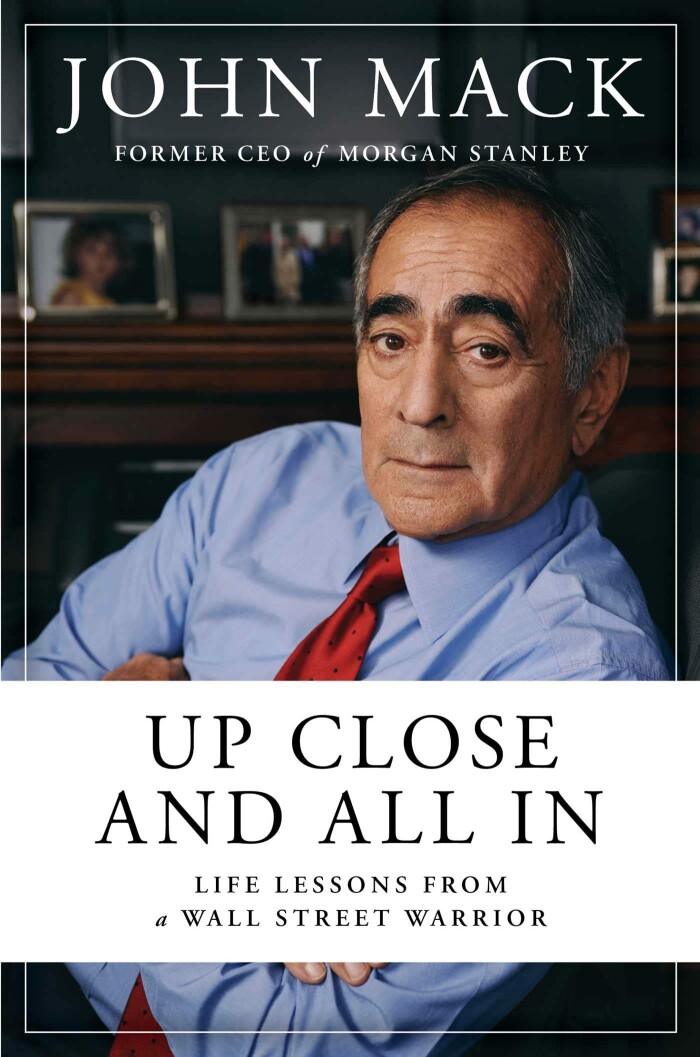
Up Close and All In
John Mack
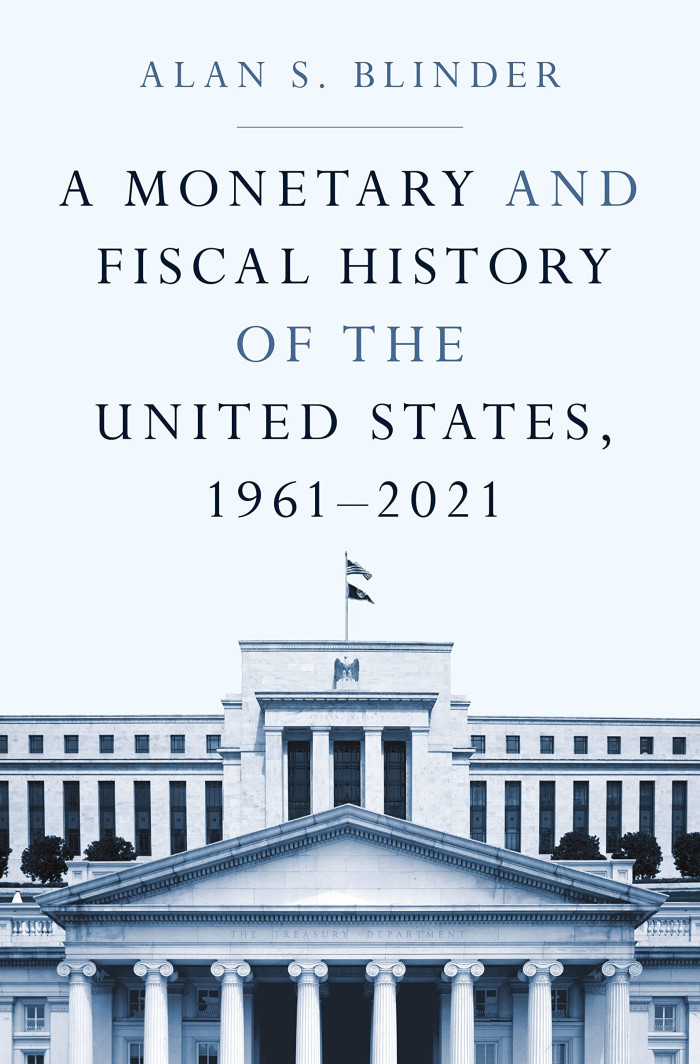
A Monetary and Fiscal History of the United States, 1961–2021
Alan S. Blinder
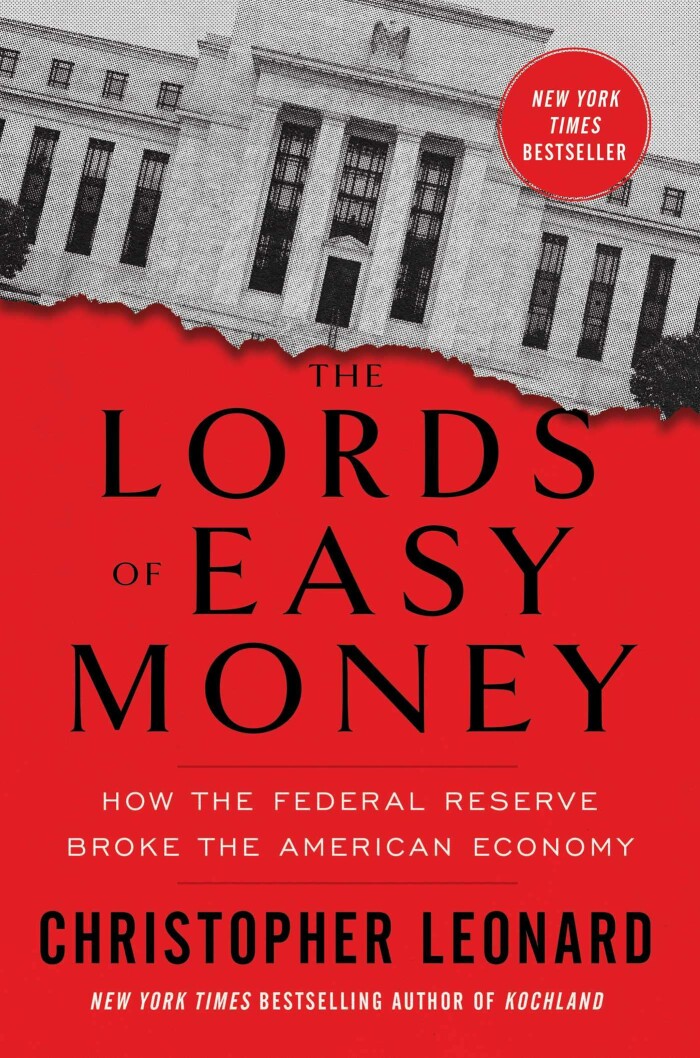
The Lords of Easy Money
Christopher Leonard
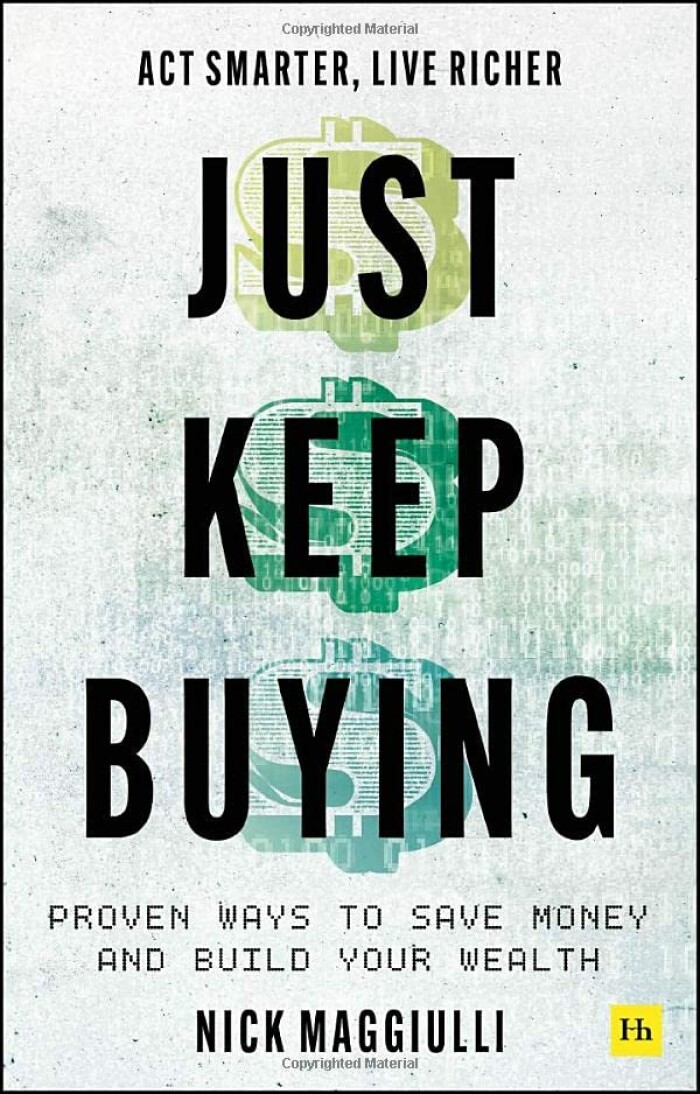
Just Keep Buying
Nick Maggiulli
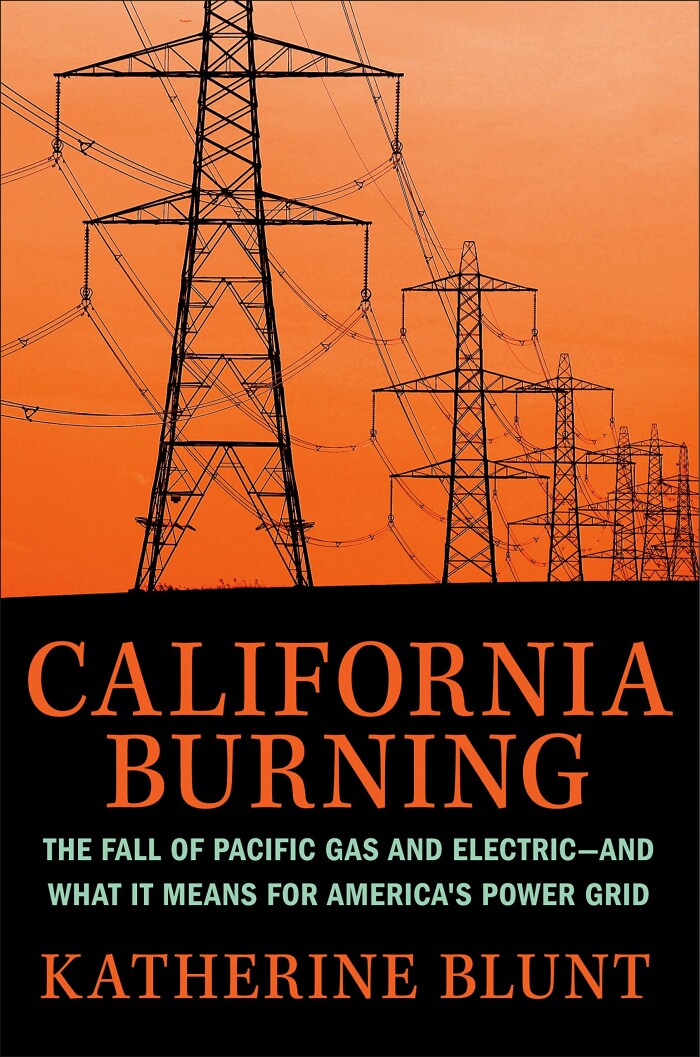
California Burning
Katherine Blunt
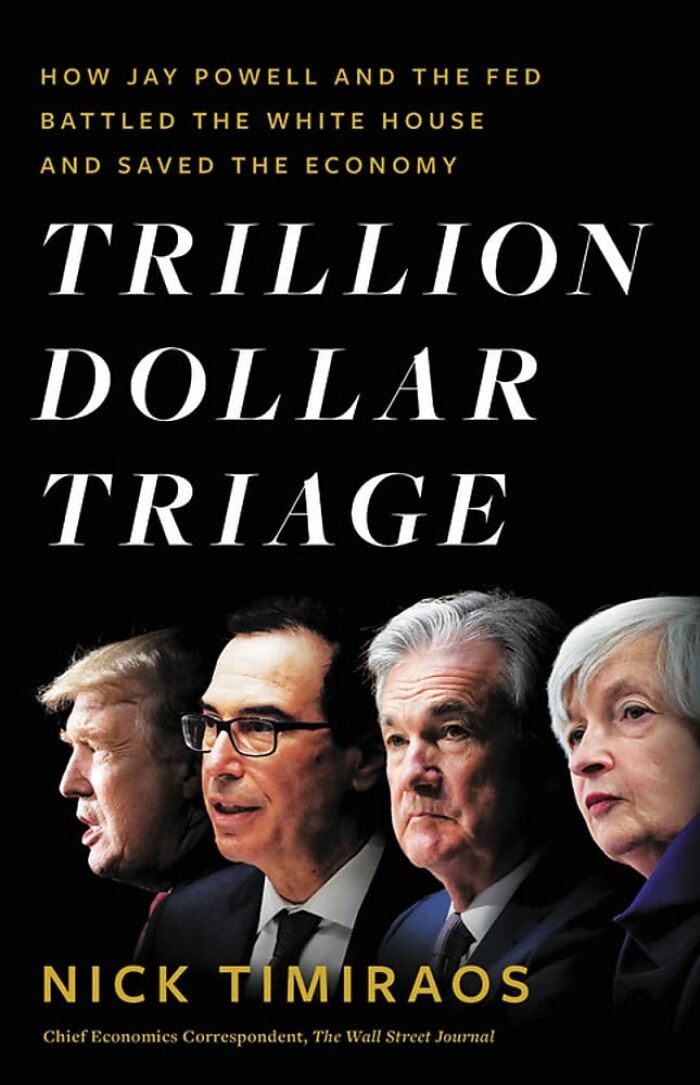
Trillion Dollar Triage
Nick Timiraos
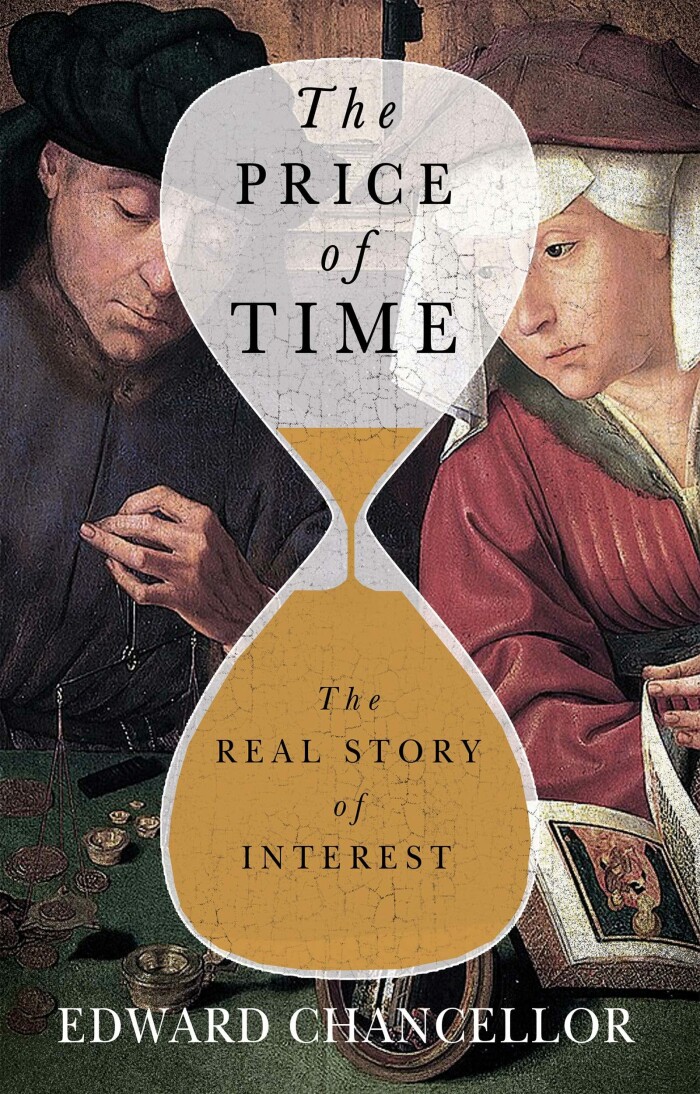
The Price of Time
Edward Chancellor
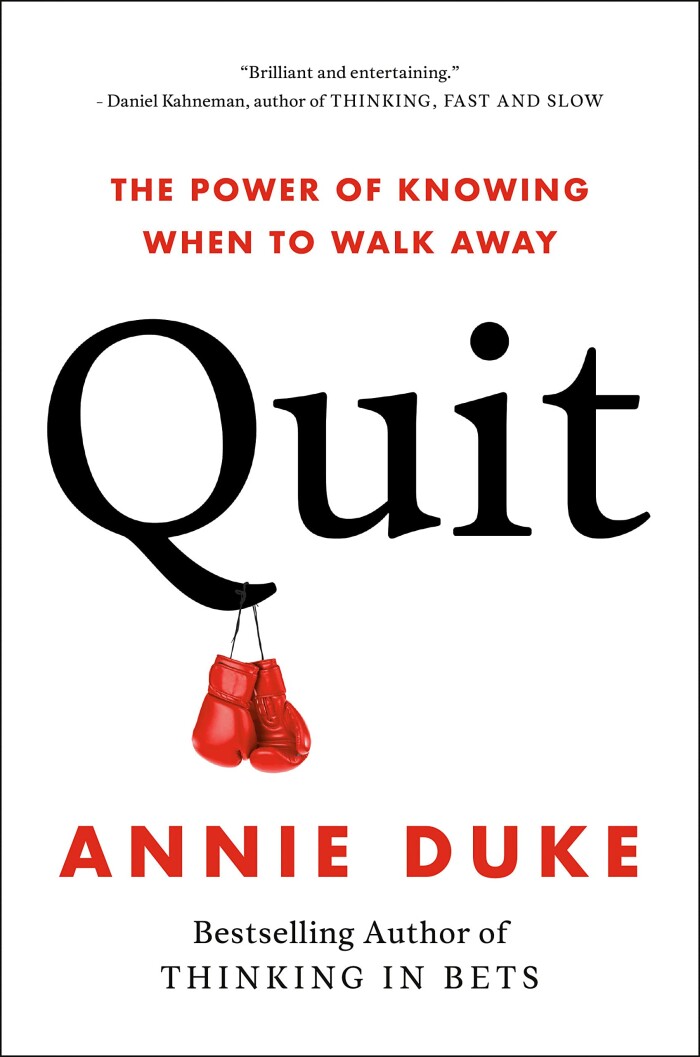
Quit
Annie Duke
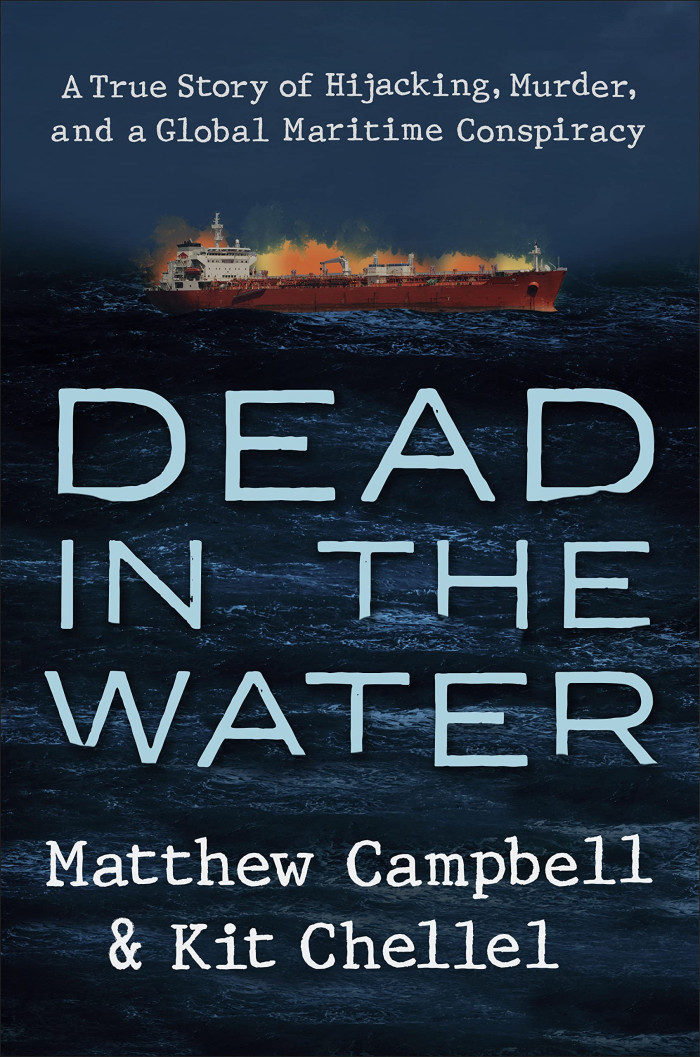
Dead in the Water
Matthew Campbell and Kit Chellel
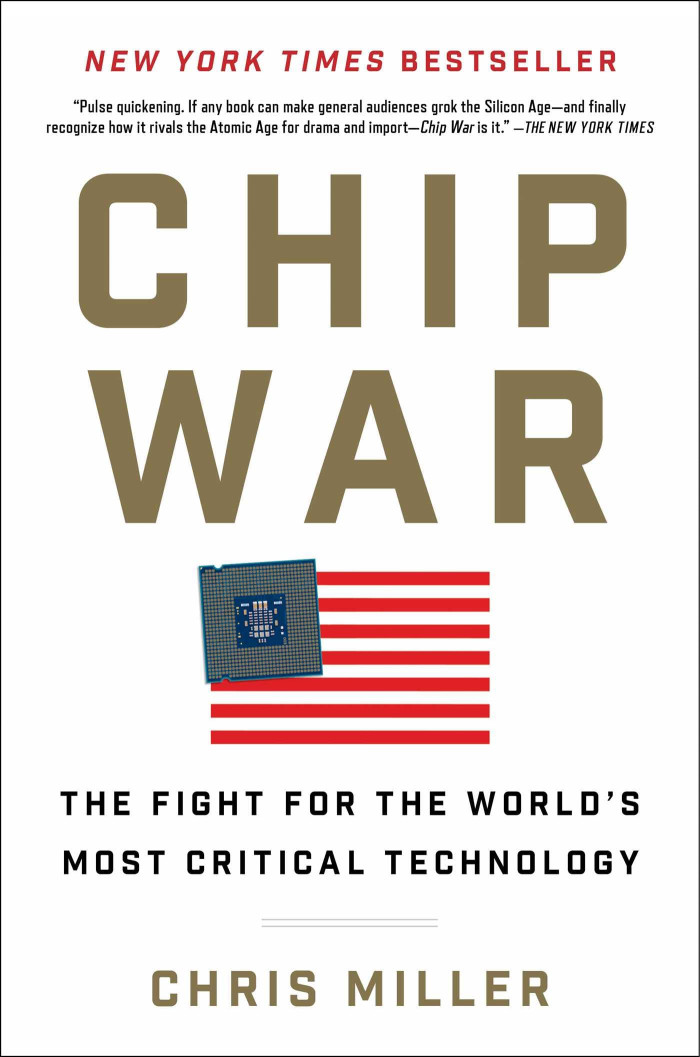
Chip War
Chris Miller
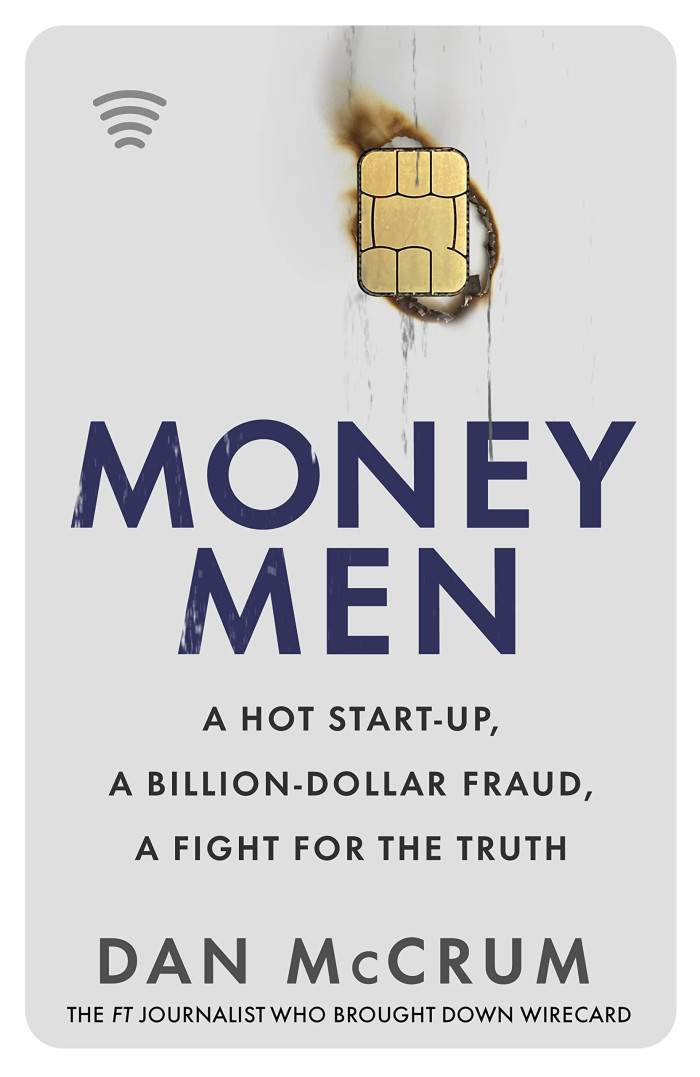
Money Men
Dan McCrum
